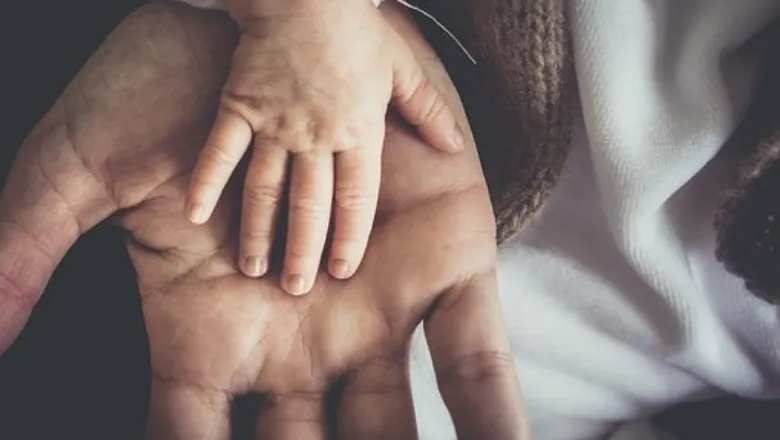The new study is exciting because it is the first time that researchers are looking at the effect of using water softeners on babies in their own homes. SOFTER builds on research published last year which found that eczema may be caused by hard water damaging the skin’s protective barrier. However, that study took place in a lab setting, focused on adults and was not randomised, so we hope that the SOFTER trial will give us a greater insight into whether water softeners can help infants avoid getting eczema, and allows us to gain more knowledge about the impact of hard water on babies’ skin.
Professor Carsten Flohr, consultant dermatologist St John's Institute of Dermatology, is the chief investigator of the SOFTER study and is a programme lead at the BRC
06 November 2018
SOFTER trial investigates if water softeners can prevent eczema
A clinical trial from the St John's Institute of Dermatology, School of Basic & Medical Biosciences has been launched to investigate whether using water softeners can reduce the risk of eczema in babies.

The trial is funded by the Biomedical Research Centre (BRC) and builds on findings from their previous research, published in 2017, showing that hard water damages the skin’s protective barrier and could contribute to the development of eczema.
Eczema is a dry skin condition affecting one in five children and one in 12 adults. It comes in many forms, but symptoms can range from itchy, red skin to weeping or bleeding skin, which is at high risk of infection. Living in a hard water area is known to increase the risk of having the condition.
To understand whether water softeners might help to reduce this risk, the Softened Water for Eczema Prevention (SOFTER) trial will test whether using water softeners might help reduce the risk.
The team aim to recruit 80 women who live in hard water areas to the SOFTER trial during pregnancy if their unborn child is at high risk of having the condition, for instance, if they have a parent or sibling with eczema, asthma or hay fever. As part of the trial, the women are randomised to have a water softener installed in their homes or not. The softened water, which has minerals such as calcium and magnesium removed and replaced with sodium from common salt, is used to wash the babies.
The researchers won’t know whether women had a water softener was installed in a baby’s home. They will look at a number of skin measurements in the babies, including water loss, pH levels, detergent deposits and skin bacteria. these will be taken from the baby at birth, one month, three months and six months to check for any changes to their skin. It is hoped this initial trial will lead the way for a larger-scale trial across the UK involving hundreds of patients.
For more information about how to join the study visit the Guy’s and St Thomas’ website.
The trial is being funded by the National Institute for Health Research (NIHR) Guy’s and St Thomas’ Biomedical Research Centre (BRC). The water softeners are provided by Harvey Water Softeners. Collaborators include the University of Nottingham, the University of Sheffield, the University of Amsterdam, the US National Institutes of Health and the A*STAR Institute in Singapore.
